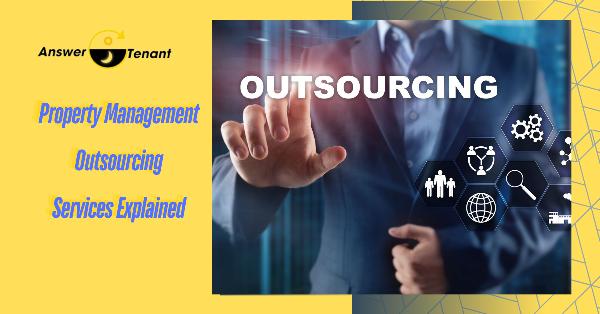Optimizing Property Management Through Effective Accounting Practices

Strong 8k brings an ultra-HD IPTV experience to your living room and your pocket.
Property management accounting is a critical aspect of overseeing real estate investments, ensuring financial transparency, and maximizing profitability. This article delves into the key components of property management accounting, its importance in maintaining financial health, best practices for effective management, and the role of technology in streamlining processes.
Understanding Property Management Accounting
Property management accounting involves the systematic recording, analysis, and reporting of financial transactions related to real estate properties. It encompasses various financial activities such as budgeting, rent collection, expense tracking, financial reporting, tax preparation, and compliance with regulatory requirements. Effective accounting practices are essential for property managers to make informed decisions, optimize cash flow, and maintain accurate financial records.
Key Components of Property Management Accounting
Rent Collection and Lease Management: Property managers oversee the collection of rent payments from tenants, ensuring timeliness and accuracy. Lease agreements outline rent terms, lease durations, renewal options, and tenant responsibilities, which must be meticulously tracked and managed.
Expense Management: Property expenses include maintenance costs, repairs, property taxes, insurance premiums, utilities, and management fees. Proper expense management involves budgeting, tracking expenditures, and ensuring that expenses are within budgetary limits to maintain profitability.
Financial Reporting: Regular financial reporting provides property owners with insights into property performance, profitability, occupancy rates, and overall financial health. Reports may include income statements, balance sheets, cash flow statements, and variance analysis to assess financial performance against established goals.
Budgeting and Forecasting: Budgeting is crucial for planning income and expenses, allocating resources effectively, and forecasting future financial outcomes. Property managers develop annual budgets based on historical data, market trends, and operational goals to guide financial decision-making and achieve financial objectives.
Importance of Property Management Accounting
Financial Transparency: Accurate accounting practices ensure transparency in financial transactions and operations, providing property owners and stakeholders with confidence in the management of their investments.
Risk Management: Proper accounting helps mitigate financial risks by identifying potential issues such as cash flow shortages, excessive expenses, or non-compliance with regulatory requirements. Early detection allows for proactive measures to address challenges and maintain financial stability.
Compliance and Taxation: Property managers must adhere to regulatory requirements and tax obligations related to real estate investments. Compliance with local, state, and federal regulations ensures legal compliance and minimizes the risk of penalties or legal consequences.
Best Practices for Effective Property Management Accounting
Use of Property Management Software: Utilizing specialized property management software automates accounting tasks, streamlines rent collection, tracks expenses, and generates detailed financial reports. Cloud-based solutions enhance accessibility and collaboration among stakeholders.
Separation of Accounts: Maintaining separate bank accounts for each property or portfolio simplifies accounting processes, improves financial transparency, and facilitates accurate reporting and reconciliation.
Regular Reconciliation: Reconciling bank statements, rent rolls, and accounts receivable/payable ensures accuracy in financial records and identifies discrepancies that require resolution.
Professional Expertise: Engaging qualified accountants or financial advisors with expertise in property management ensures compliance with accounting standards, tax regulations, and industry best practices. Professional guidance enhances financial decision-making and operational efficiency.
Emerging Trends in Property Management Accounting
Integration of Artificial Intelligence (AI) and Automation: AI-powered tools automate routine accounting tasks, analyze data trends, and generate predictive insights to optimize financial performance and operational efficiency.
Blockchain Technology: Blockchain enhances transparency, security, and efficiency in financial transactions, lease agreements, and property records, reducing fraud risks and enhancing trust among stakeholders.
Data Analytics and Business Intelligence: Advanced analytics tools provide property managers with actionable insights into tenant behavior, market trends, and investment performance, enabling data-driven decision-making and strategic planning.
Conclusion
Effective in the answertenant property management accounting is essential for ensuring financial health, transparency, and profitability in real estate investments. By implementing best practices, leveraging technology, and maintaining compliance with regulatory requirements, property managers can optimize financial operations, mitigate risks, and achieve sustainable growth in the competitive real estate market. Embracing emerging trends in accounting technology and adopting proactive financial management strategies position property managers for success in meeting investor expectations and delivering superior property management services.
Note: IndiBlogHub features both user-submitted and editorial content. We do not verify third-party contributions. Read our Disclaimer and Privacy Policyfor details.







